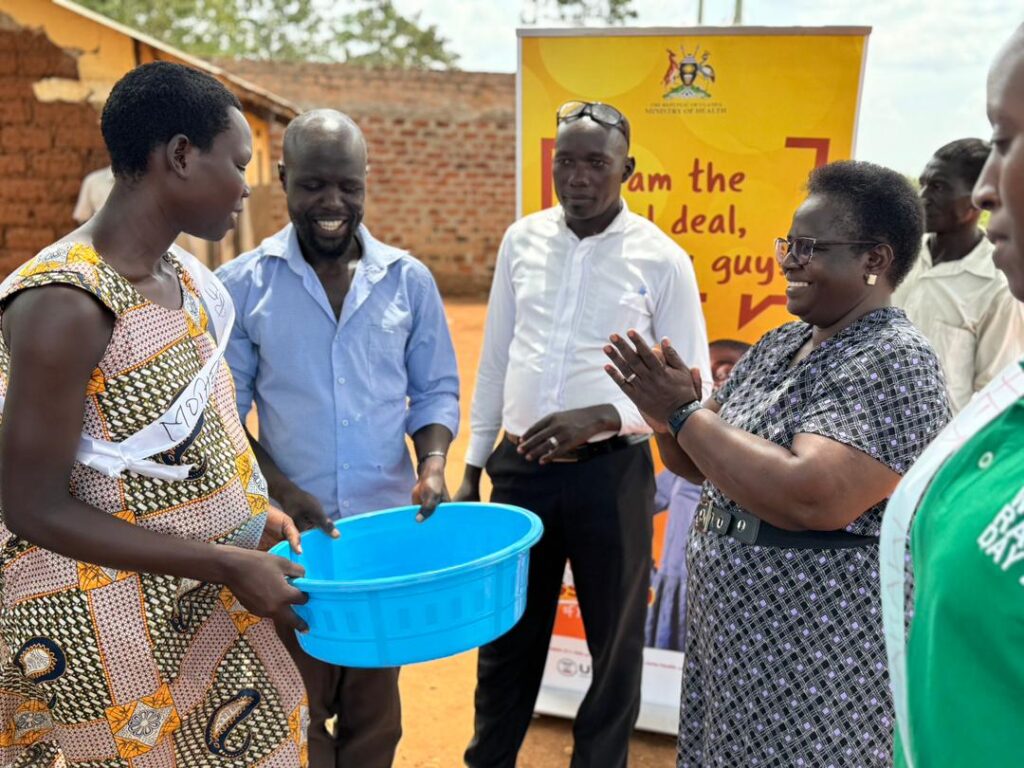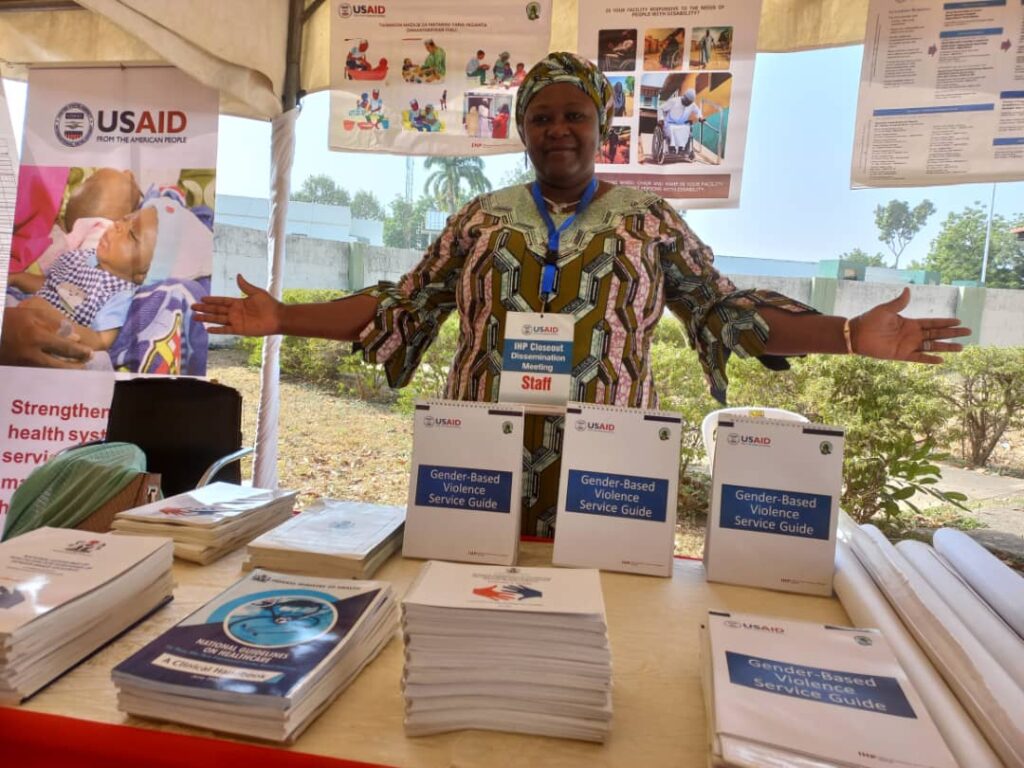
We co-design and implement innovative strategies that address the root causes behind underutilized health services and offerings. The WI-HER team understands both the clinical aspects of health initiatives and how to address gaps in care and treatment by both improving processes as well as understanding the role of behavior change. By working directly with local stakeholders, we co-create solutions that break barriers and improve health outcomes.
Neglected Tropical Diseases Elimination and Control
WI-HER supports programs in reaching the ‘last mile’ in neglected tropical disease (NTD) elimination and control through targeted technical assistance, tailored training, qualitative investigations, and social and behavior change activities that reach often-missed and excluded communities with NTD services.
Gender-Based Violence (GBV) Prevention and Response
We partner with governments, implementing partners, health facilities, providers, and communities to identify the root cause of GBV and enable individuals to design solutions that prevent and respond to GBV. In a healthcare setting, we optimize health workers’ capacity to provide, for example, trauma-informed care and improve service delivery and referrals. Read more
“GESI [gender equity and social inclusion] is an eye-opener! We now know that the people who miss [preventative medicine] are not necessarily the ones we usually expect to miss, including government workers and me… With GESI, which brings different people together, we will do much more.”
District Health Officer in Uganda
Maternal Health

Complications related to pregnancy and childbirth are often highly preventable. To improve maternal mortality rates, WI-HER works with local stakeholders and community influencers to understand the cultural and traditional practices and social norms that impact health-seeking behaviors and challenges, ultimately reducing maternal mortality rates.
Tuberculosis
We provide technical assistance and support to government and district-level partners on social and behavior change (SBC) activities to address barriers to testing and treatment of TB.
Malaria
Marginalized groups often face socio-economic barriers to accessing malaria prevention and treatment services. We work with organizations, health facilities, governments, and local stakeholders to identify and engage community influencers, map out vulnerable households, and tailor health education to reach the most vulnerable populations.
HIV / AIDS
We work with key stakeholders, from community influencers to government officials, to identify gaps and barriers that limit adherence and access to HIV services to co-design solutions that improve HIV and health outcomes.
Sexual and Reproductive Health
By working within local communities, we address social norms, that may hinder access and utilization of sexual and reproductive health services through community engagement initiatives, male engagement strategies, health education sessions, and training healthcare workers.